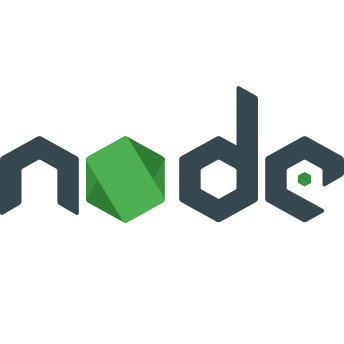Smart contracts are simply programs kept on a blockchain that run when prearranged conditions are met. They classically are used to automate the implementation of an agreement so that all participants can be directly certain of the outcome, without any intermediary’s participation or time loss. They can also automate a workflow, triggering the next action when conditions are met.
Smart contracts work by following simple “if..else, when..then” statements that are written into code on a blockchain. A network of computers executes the actions when programmed conditions have been met and verified. These actions could include releasing funds to the appropriate parties, registering a vehicle, sending notifications, or issuing a ticket. The blockchain is then updated when the transaction is completed. That means the transaction cannot be changed, and only parties who have been granted permission can see the results.
Within a smart contract, there can be as many stipulations as needed to please the participants that the task will be completed satisfactorily. To establish the terms, contributors must determine how transactions and their data are represented on the blockchain, agree on the “if..else, when..then” rules that oversee those transactions, explores all possible exceptions, and define a framework for resolving disputes.
Then the smart contract can be programmed by a developer – although increasingly, organizations that use blockchain for business provide templates, web interfaces, and other online tools to simplify structuring smart contracts.
Benefits of smart contracts
1) Speed, efficiency and accuracy
Once a condition is met, the contract is executed immediately. Because smart contracts are digital and automated, there’s no paperwork to process and no time spent reconciling errors that often result from manually filling in documents.
2) Trust and transparency
Because there’s no third party involved, and because encrypted records of transactions are shared across participants, there’s no need to question whether information has been altered for personal benefit.
3) Security
Blockchain transaction records are encrypted, which makes them very hard to hack. Moreover, because each record is connected to the previous and subsequent records on a distributed ledger, hackers would have to alter the entire chain to change a single record.
4) Savings
Smart contracts remove the need for intermediaries to handle transactions and, by extension, their associated time delays and fees.
Applications of smart contracts
1) Safeguarding the efficacy of medications
2) Increasing trust in retailer-supplier relationships
3) Making international trade faster and more efficient
-
Accounting and Finance
-
Insurance
-
Trading
-
Healthcare
-
Warehouse
-
Delivery
-
Transport & Logistics
-
Real Estate
-
Information Technology
A Process That We Follow For Smart Contracts Development
-
Requirement Gathering
-
Technical Design
-
Development
-
Deployment
-
Upgrades
Technologies using For Smart Contracts Development
-
Solidity
-
Ethereum
-
Microsoft Azure
-
Nodejs
-
WM JS
At QueryFinders Solutions, we have an experienced team of blockchain developers who have proven skills and long-term expertise in offering smart contracts development services and solutions as per our clients’ requirement. They are always dedicated and responsible to achieve the requirements of our clients all time. Whether you need to accept payment through cryptocurrencies or want to secure your transactions by using smart contracts, our smart contract development services are sure to get your task done the right way and cost-effectively.
 info@queryfinder.com
info@queryfinder.com
 +91
8000841620
+91
8000841620
 +61 416 779 037
+61 416 779 037










